Low Voltage Technician jobs are in demand and a great long-term career choice. With a few years’ experience, you can have a thriving career working for some of the premier companies thanks to the growing possibilities surrounding modern telecommunications.
What Does a Low Voltage Technician Do?
The majority of the work performed by Technicians includes installation and maintenance of any Low Voltage Cabling for systems that support commercial buildings in the United States. Essentially, Low Voltage Technicians execute structured cabling work to install, service and maintain, repair and modify the low voltage category cabling, communications cabling, fiber optic cabling, and several other low voltage cabling systems.
Integrators benefit greatly by having qualified and capable technicians.
What Are the Responsibilities of a Low Voltage Technician?
We complete a wide range of specific tasks to ensure that all aspects of the client’s network are in good health. Often working alone in tight spaces, we utilize trained strategies while also completing the physical work. These tasks include:
- Pulling, labeling, dressing and termination of horizontal cable, including cat5, cat6, fiber, coax, AV wire, Fire Alarm and security & access control.
- Configure, maintain, and fix issues of the data network and telephony systems and associated technologies in conformity with the conventional processes and standards.
- Provide System Testing and documentation.
The job may also involve using High-level testers, installing telecommunications equipment, switches, routers, building support structure such as ladder racks and cable trays while always following industry standards, reading blueprints and coordinating with other trade contractors in an efficient manner.
Are there Education Requirements for Low Voltage Technician Jobs?
As a Low Voltage Technician, there are no education requirements. However, most employers, like Flex Tech, recommend you have at least a GED or a high school diploma to be considered. In addition, you need to have a fundamental knowledge of EIA, TIA and ANSI Standards (Electrical Industry Association; Telecommunications Industry Association and American National Standards Institute). That is where Flex Tech comes in…
If you want to stand out and accelerate your advancement in this field, additional certifications can help to land the most valuable clients. Additional qualifications include:
- Bachelor’s or associate degrees in Electrical Engineering, IT, or Computer Networking.
- CNCI (Certified Network Cable Installer) qualifications.
- Joining and studying under organizations such as BICSI and NFPA.
Above all else, most clients will be looking for technicians with experience. Therefore, if you’ve worked for a company in the past and wish to make the transition, Flex Tech is the perfect company to help you do that.
What Skills Do I Need?
You should have a foundational knowledge of the EIA / TIA standards, should have a basic understanding of Blue Print Reading and interpretation.
On top of those skills, it is necessary to be aware of OSHA safety standards. You need to have planning and organization skills to meet daily work requirements. Many projects require traveling to job sites that may be remote. This means you should have a vehicle and a valid driver’s license.
You also need to have strong written and verbal communication skills, as you will need to interact with team members, clients, and management. As you progress, it is vital to have strong analytical and problem-solving skills.
What Salary Can I Expect?
The average salary in the United States hovers around $38,000. Working for a company like Flex Tech who has project-ready clients will be able to earn $20 to $35 per hour, depending on experience.
The value of experience cannot be emphasized enough, which is why starting with a company like Flex Tech can get you in the door and on projects much quicker to gain that experience. As you gain experience and develop leadership skills, anyone starting out as a Low Voltage Technician can progress to senior roles like Foreman, Project Manager, or even Operations Manager.
By working as a Low Voltage Technician for Flex Tech, you will be continuously introduced to new technologies and new companies and improve your opportunities in the field. More than 13,000+ technicians are already employed with us in Texas, and we need more people like you! If you are in Texas, contact us today to get your career started as a Low Voltage Technician!

